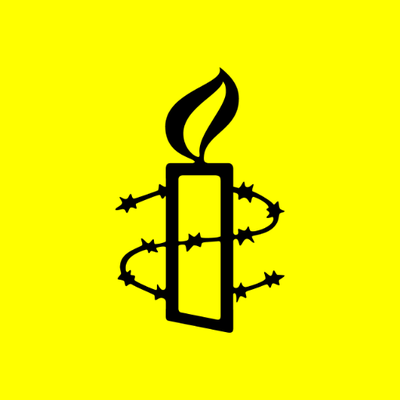Thailand/Russia: Prevent deportation of Russian rock band members at risk of persecution

Reacting to the news that the Thai authorities are considering deporting the members of the Bi-2 music band to Russia following their detention in Thailand, reportedly under alleged pressure from Russian diplomats, Denis Krivosheev, Amnesty International’s Eastern Europe and Central Asia Deputy Director, said:
“It is imperative that the Thai authorities adhere to the principles of non-refoulement, ensuring that the musicians from Bi-2 rock-band are not forcibly returned to Russia where they are at serious risk of persecution for their anti-war position.”
“The Bi-2 members, known for their outspoken stance against Russia’s invasion of Ukraine, have previously been subjected to a state-backed smear campaign. Their concerts were cancelled and one of the band members was designated by the Russian authorities as a ‘foreign agent.’ If deported to Russia, they face a real risk of arbitrary detention under administrative proceedings and unfounded criminal prosecution, which could lead to lengthy imprisonment. The Thai authorities must uphold their international obligations and allow the departure of the Bi-2 band members to a safe country.”
Background
The seven members of Bi-2, a Russian rock-music band, who were on tour in Thailand, were detained in Phuket on 25 January for performing concerts without authorization in contravention of Thailand’s immigration legislation. They were then transferred to an immigration detention centre where, according to reports, they are held in a shared cell with 80 other people.
Four Bi-2 members, including Yegor Bortnik and Aleksandr Uman, hold dual citizenships of Russia and other countries, including Israel. Initially, Thailand planned to deport them to Israel on 29 January, but reversed this after alleged Russian intervention. On 30 January, only Bortnik was permitted to leave for Israel, while others remain detained.
The band’s opposition to Russia’s invasion of Ukraine led to Bortnik being labelled a “foreign agent” under Russia’s strict laws. A spokesperson of the Russian Foreign Ministry accused Bi-2 of “financing terrorism” regarding their support for Ukraine. “Veterans of Russia,” a pro-government NGO, demanded their prosecution including potential life imprisonment for “promoting terrorist activities” as per Article 205.1 of the Criminal Code.






